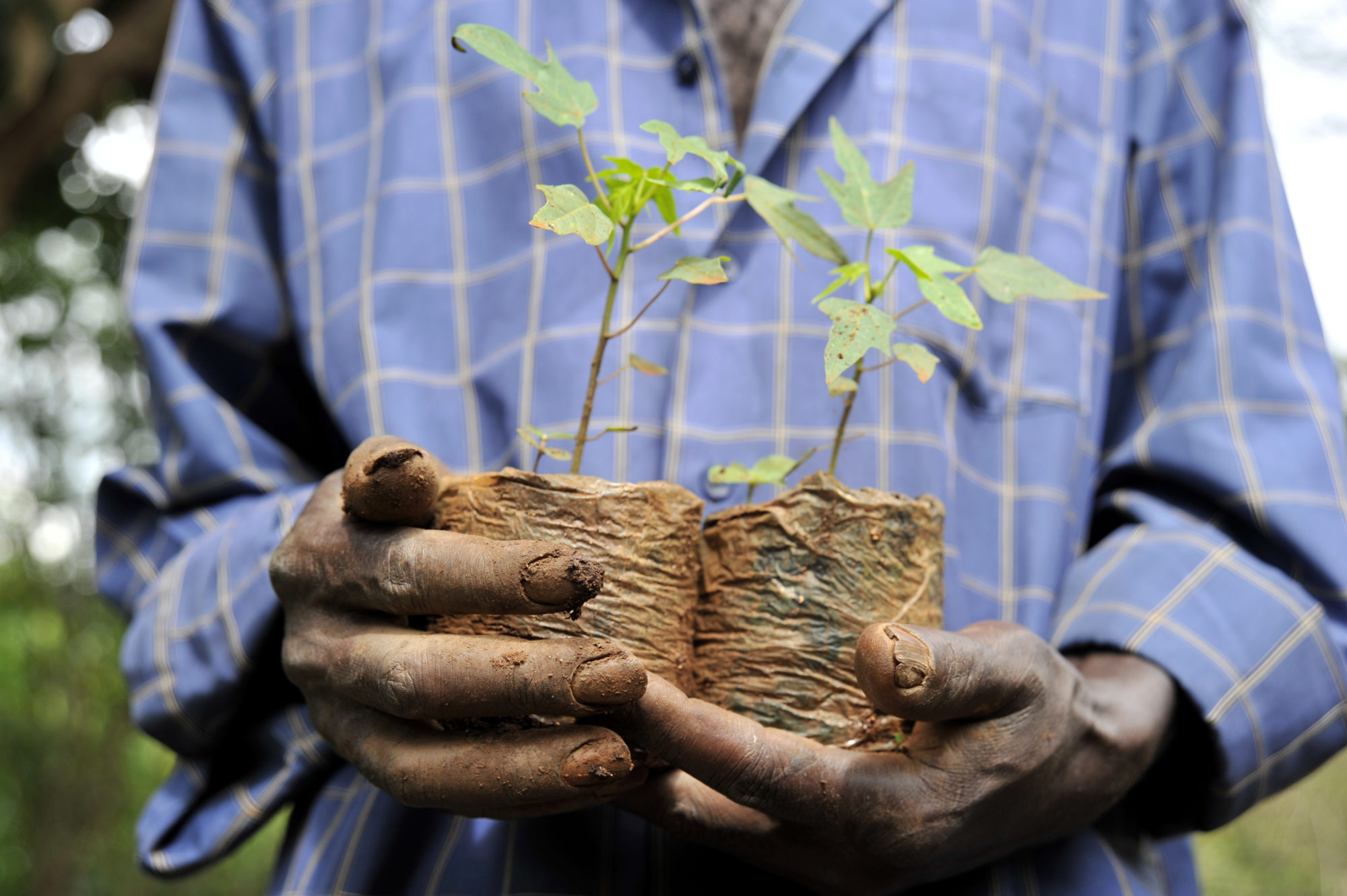Emiti Nibwo Bulora means Trees Sustain Life. This project in Tanzania promotes agroforestry practices to help farmers increase productivity, regenerate degraded lands, mitigate greenhouse gas emissions and cope with the impacts of climate change.
This project recently ended
The project is certified according to the Plan Vivo Standard. This standard is designed for projects that aim to reduce poverty, restore ecosystems, and increase adaptive capacity to climate change while mitigating climate change through sequestration of carbon in trees.
The project reached its 13th year of operation in 2021 and saw 620 smallholder farmers graduate from their 10-year contracts for climate compensation. Read more here Still, a number of farmers are doing climate compensation in the project, running until year 2031.
Learn more about Trees Sustain Life / Emiti Nibwo Bulora in this video:
